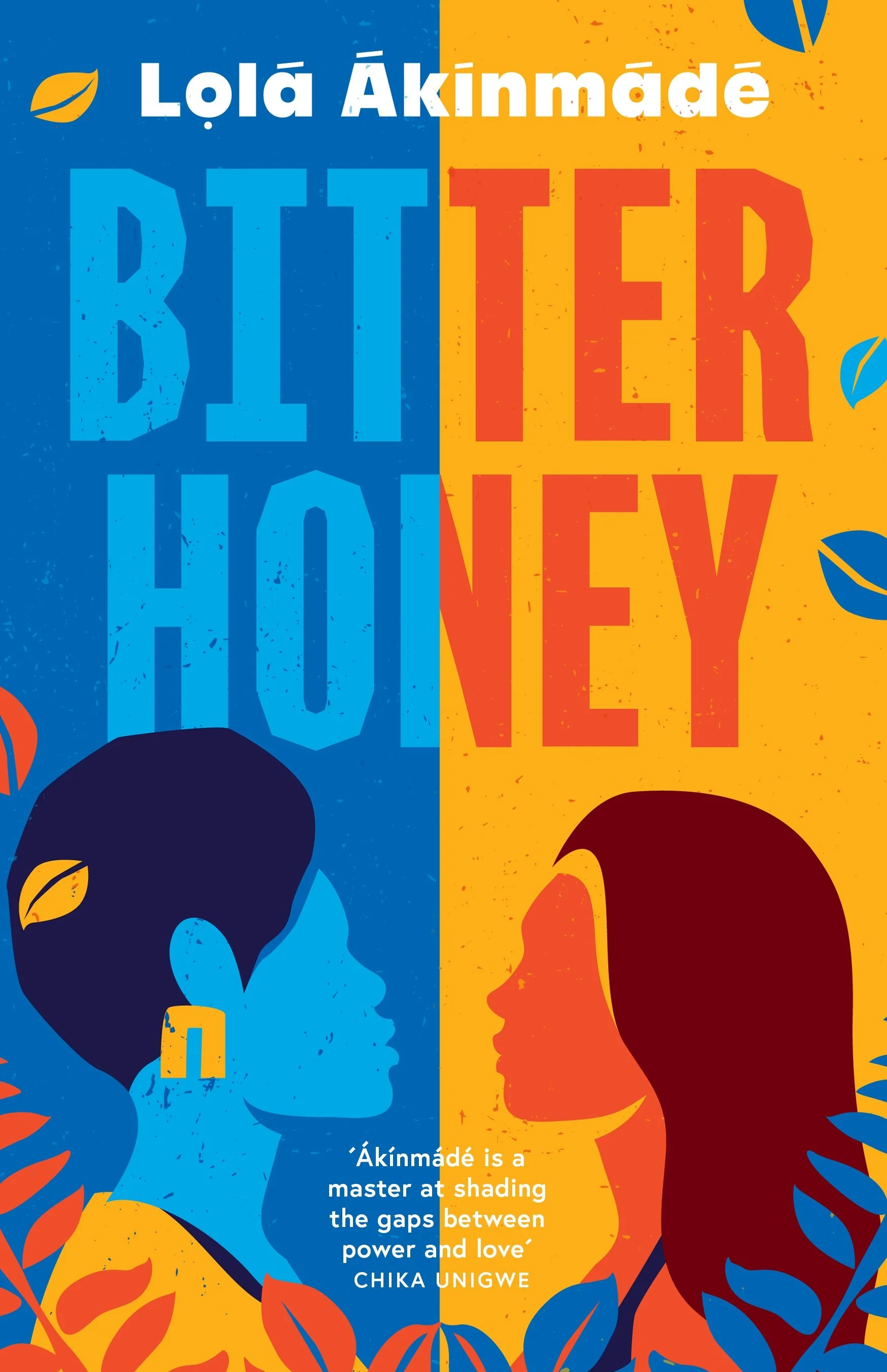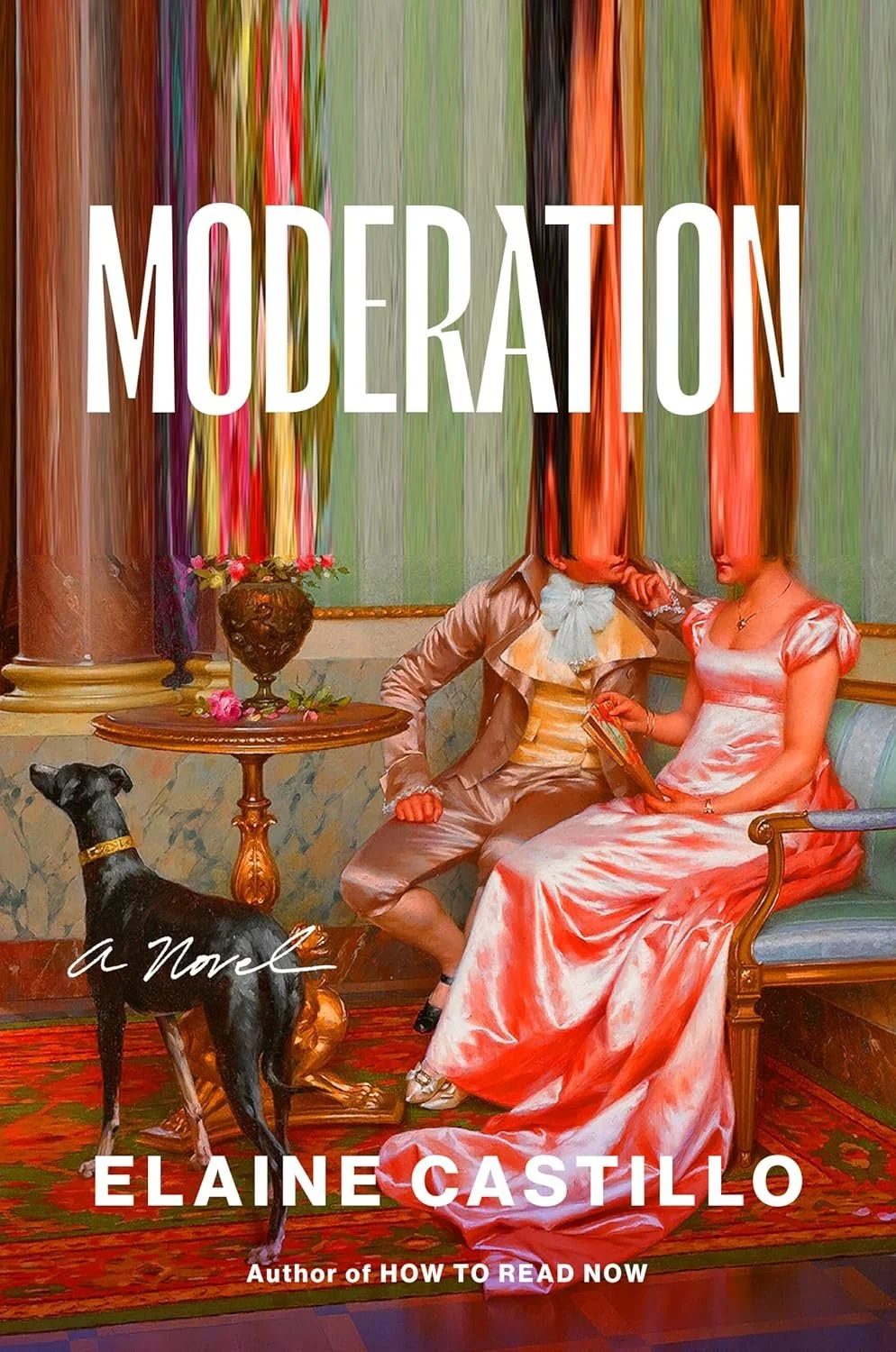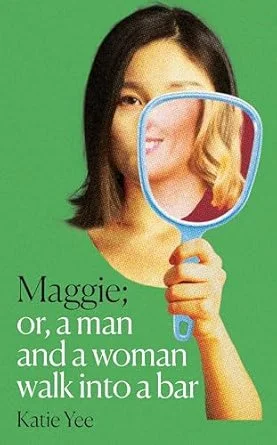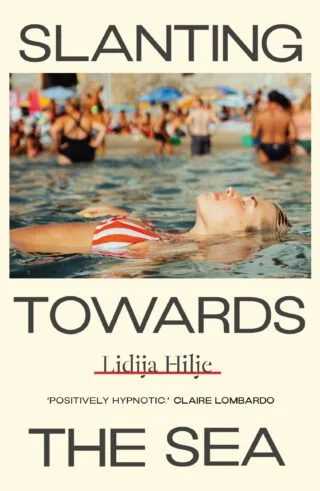A Conversation with Lolá Ákínmádé
Before we discuss Bitter Honey, I wanted to take a little trip down memory lane and talk a little bit about what inspired you to become a writer. I know you also write travel writing and journalism, so I wondered how did that came about? And how did you find the transition to fiction?
Fiction was actually my first love. Growing up in Nigeria, I used to write a lot of short stories as a teenager. And then, when I moved to the US, I moved into a very technical career, or as we always say, what your parents are willing to pay for, for a good return on investment. I kept that love of writing fiction, but I put it on the side, and I slowly transitioned into travel writing because I’ve always loved to travel. Geography was my subject, but fiction has always had its grip on me. How I got back into fiction was that I tried rewriting some of the stories I wrote as a teenager, but it wasn’t working. And I thought, why can’t I reconnect? But then I realized – what did I know at what 10, 13, 14 years old? I hadn’t lived life yet. I thought I needed to look closer to my own lived experiences closer to my own situation as a Nigerian woman living in Sweden, as well as figuring out what the experience is like to live here, the immigrant experience. And that’s how I started getting back into fiction, by looking closer for those stories.
You mentioned that you’ve travelled quite a bit, but your books focus mainly on Sweden, Nigeria and America. Have you ever considered writing outside those three countries?
Absolutely, I’m actually working on that right now! My current work is going to cover at least 12 countries.
Oh wow! I look forward to hearing more about that and seeing that in the future. When you were younger, what type of books did you like to read and recommend to your friends?
When I was growing up, the books we had were all the Enid Blyton books, that kind of thing - those were the books we grew up on. It wasn’t until I moved to the US that I started finding, I don’t want to say better literature, but deeper literature that spoke to me and that had characters that looked like me, you know, like Toni Morrison. I think, as a child, I just read what was just there and what was provided in society, which was very British influenced, but as I got older, I started exploring lots of different genres until I figured out that I really, really love contemporary fiction. And I love contemporary fiction that shows really messy people that you don’t expect to be messy. I read a lot of authors in that genre, and my guilty pleasure is that sometimes I’ll grab an historical romance and read that quietly.
We’ll talk about messy characters later because, dare I say, your books feature a lot of them! I can relate to what you said and, actually, I think right now we are quite blessed in that there are so many authors and books with characters that look like you and me. Back to when you were growing up and discovering different books, was there a specific book you read it that inspired you to write?
I think it was when I moved to the US and found out about other kinds of other writers, like Yaa Gyasi and Imbolo Mbue, that was when I started saying, yes, these are the kind of stories I love to read as they reflect our experience in different ways.
I can see some similarities between those authors in terms the immigrant experience that also come up in your work.
Onto Bitter Honey! Unlike your previous two works, this is a standalone book, and I would describe it as a multi-generational exploration of mother-daughter relationships – the sacrifices mothers make, and the resilience and strength of a woman. Would you say that’s a good way of describing it?
Absolutely. It also explores agency, and the power we have in changing the direction of our lives. You know, sometimes you can get derailed in life and you can wallow in it for as long as you can, or you can say, you know what, I’m going to start turning things around. I think that’s also what the book is about, it plays out within the relationship between a mother and a daughter.
And where did the title Bitter Honey come from?
The original title was The Deepest Well, which was based on a Swedish proverb that translates to ‘the deepest well can also be drained’. I thought, you know, black women are some of the deepest wells of emotion and resilience in our society. But, when we took that title to the team, we realised that it feels maybe a bit like a horror, which is not what the book is! So, we started brainstorming and I said, you know what, honey plays a big role in the book in terms of the colour honey – that’s the colour of her eyes – so why not have something sweet that’s also bitter? In the sense that, there’s a reason why she doesn’t like that she has those eyes. It’s hopefully representing how something beautiful can feel very ugly to you if you don’t want to see the beauty in what you have.
Read the rest of the interview in the Summer edition of nb notes. Sign up here by 30th June to get a copy.
Editorial Picks





